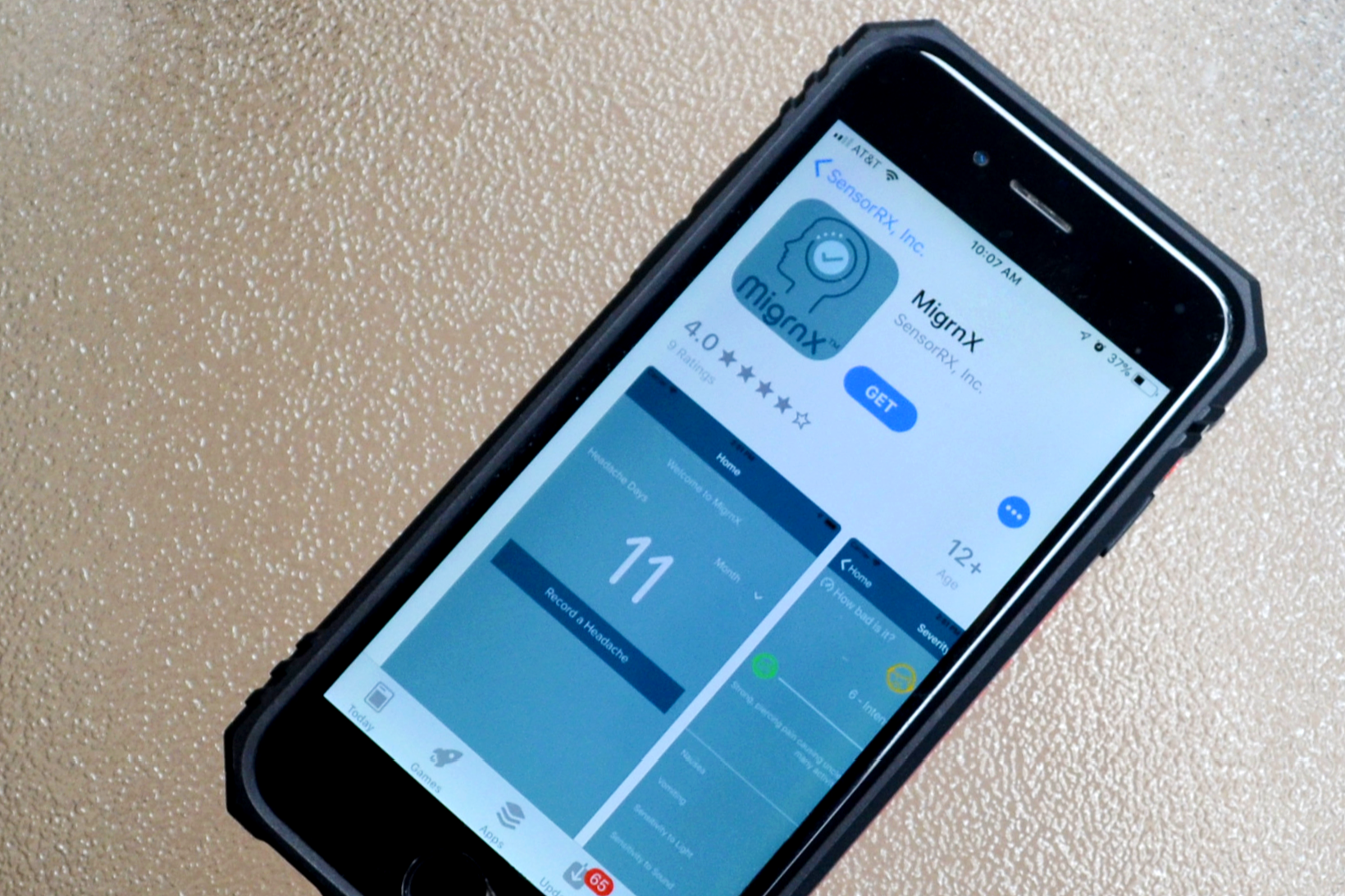From Houston Public Media:
Medical technology company SensorRx started out five years ago and got help from the startup accelerator TMCx at the Texas Medical Center. In 2017, the company released an app called MigrnX. Patients can use it to keep track of their migraine symptoms and share them with their healthcare provider in real time.
That was a tremendous improvement over asking patients to estimate how many headaches they had in the last 90 days, which was usually wrong, said George McLendon, SensorRx’s CEO and co-founder.
“Once the physician had the correct information, they were able to change their prescriptions and as a result the number of headaches dropped by over 40%,” he said.
But here’s where it got complicated: SensorRx began talking to health care giant Eli Lilly, the company making news lately for a COVID-19 treatment.
At some point, SensorRx alleges, Eli Lilly took their MigrnX idea and ran with it on its own.
“Rather than entering into the relationship, they said, basically, never mind and then proceeded to use all the information that they gleaned from SensorRx to improve and actually more effectively develop their own, competing, product,” SensorRx’s lawyer Marty Geer said.
Eli Lilly denies that accusation. A spokesman for the company did not return a request for an interview, but in court documents, Eli Lilly contends that its own migraine app, which it says was already in development during the talks with SensorRx, used no confidential information to improve its technology.
As the two companies continue their legal battle, it highlights the challenge of bringing new products to a very competitive marketplace, in which startups depend heavily on the resources of corporate backers to get their concepts to market, said Jan Odegard, interim executive director of the Ion, the center of Houston’s future innovation district, which is scheduled to open in the spring.
“It can allow them to do a proof of concept, they can allow them to validate the market,” Odegard said. “So they always have to (have) a trust relationship there, and if that trust is broken, it’s not clear that there’s much you can do honestly.”
He said ultimately, it’s up to companies to do the right thing, but education is key to make sure startups know what they’re getting into. And that’s what the Ion wants to provide, although Odegard said they haven’t yet determined in what form.
“Maybe a series of panel discussions could be it,” he said. “That could be even followed up…where you do deep dives, what are sort of the legal steps that you should be taking.”
That becomes important especially in an environment where regular exchange between companies is encouraged to accelerate innovation.
“These environments, it’s all built around creating,” Odegard said. “Part of the value of being part of these places and co-working spaces and these hubs is the fact that you create these coalitions amongst different people that generate ideas that otherwise wouldn’t come up, so that’s clearly a risk.”
That’s why, he said, startups need to be aware and take precautions to protect their intellectual property.
SensorRx is now in talks with another pharmaceutical company about its migraine app. McLendon said the app is already fairly popular and thousands of people are downloading it every day. But he said to make a real impact and reach as many people as possible, they need to partner with a big company.
And McLendon said they’re definitely more careful this time.
“You can’t be confident until the contracts are signed, but we’re not in conference thanks to what we did last time where they were supposedly doing diligence,” he said. “We’re not letting them do any diligence until the contract is signed.”














